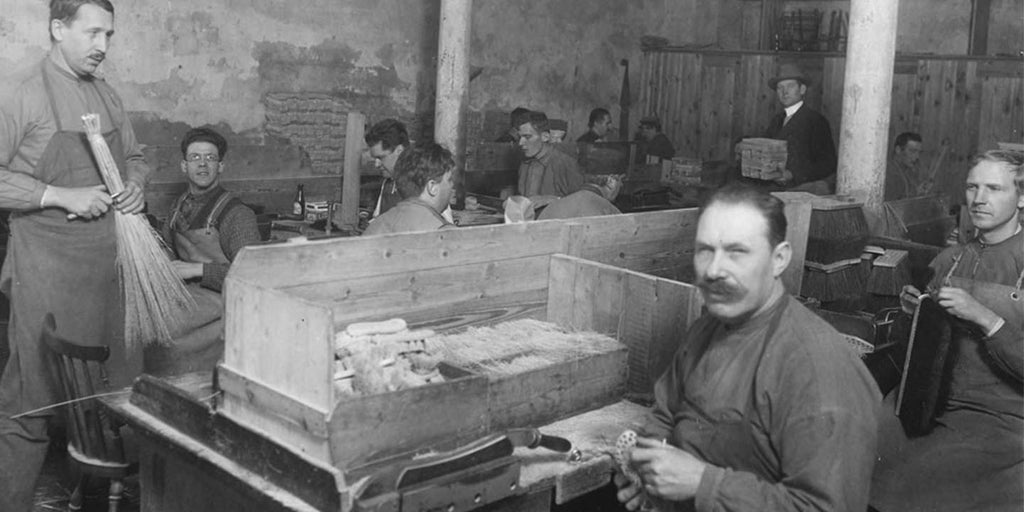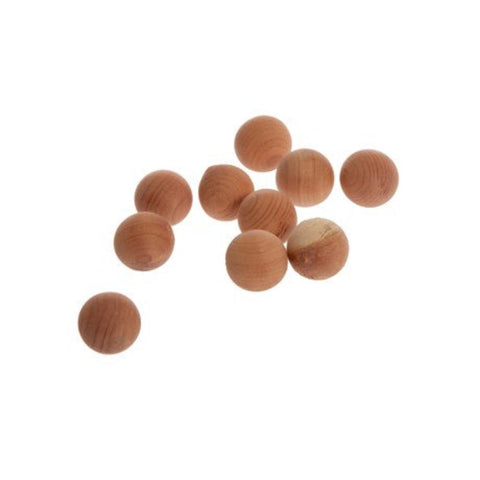




Iris Hantverk Shaving Cup Including Soap
Shaving cup in soft and dark grey concrete with cedarwood shaving soap. Soft Concrete is a unique material, by adding a small addition of polymer (plastic) it becomes three times as elastic as normal concrete. Soft Concrete is not so soft that it can be bent, it's still a stone material but it has a pleasant feeling to it. It feels warm, soft and comfortable.
Details
Containing no environmentally harmful substances, Soft Concrete is cast of a relatively viscous mass that causes the surface to receive a varying smoothness and air bubbles occurs naturally. The irregularity color variations contributes to the vibrant impression.
Brush sold seperately.
Iris Hantverk
About The Designer

The core of the business is the brush binding manufacturing at Sandsborgsvägen, Enskede – here 5 visually impaired craftsmen from different cultures make brushes according to an old Swedish tradition. The company also works with visually impaired craftsmen in Estonia, whose craft and connection to the visually impaired movement parallel the brand.
Iris hantverk has strong ties to and share their history with the Visually impaired organization in Sweden, SRF. In November 1870, Dr. Axel Beskov took the initiative of founding the Manilla School - a workhouse for visually impaired craftsmen in Stockholm. Initially there were nine people, most of them lived at the workhouse. A large part of DBF work came to revolve around the development of support for the artisans and their ability to live off their work. In 1902 DBF, "De blindas förening", a political independent group founded by the craftsmen, decided that materials for brush binding and basket making would be purchased collectively in order to reduce prices and be sold to the visually impaired craftsmen for purchase price. In 1906, a property was purchased becoming an office and library, brush binding factory, warehouse for raw materials, sales of raw material and a shop – the beginnings of what Iris Hantverk is today.
Today, brushes are still made by hand and of mostly natural materials in Iris Hantverk’s exclusive designs; forging quality, tradition and expert craftsmanship.





